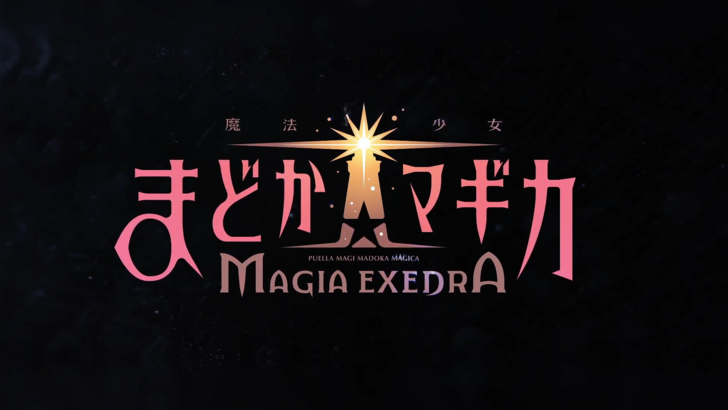The past 48 hours have been tumultuous for both the economics world and Nintendo enthusiasts. On Wednesday, news broke that the Nintendo Switch 2 would be priced at $450 in the U.S., a steep price influenced by anticipated tariffs, inflation, competition, and component costs, according to analysts. However, the landscape shifted dramatically when the Trump Administration announced sweeping 10% tariffs on goods from virtually every country, with significantly higher tariffs imposed on nations like China, the EU, Japan, Vietnam, Canada, and Mexico. In retaliation, China introduced a 34% tariff on all U.S. goods. Amid this upheaval, Nintendo decided to postpone pre-orders for the Nintendo Switch 2 in the U.S. to assess the impact of these tariffs on their console strategy.
This situation is unprecedented and has left analysts, experts, and the public grappling to understand its implications. Just before Nintendo's announcement, I had the opportunity to speak with Aubrey Quinn, a spokesperson for the Entertainment Software Association (ESA), about the broader impact of these tariffs on the gaming industry.
The ESA, like many others, is still navigating the potential ramifications of these tariffs. Quinn noted that while they anticipated some form of tariffs due to previous actions by the Trump administration and campaign rhetoric, the exact nature and extent of the tariffs were uncertain. The ESA expects potential retaliation from countries like China and further U.S. tariffs, but the final impact remains unclear.
However, the ESA is confident that these tariffs will negatively affect the video game industry. Quinn stated, "We really are, at this point, just watching and trying not to have knee-jerk reactions, because we don't think that what President Trump announced this week is the end of the story, but what was announced this week and the tariffs as outlined, we do expect these tariffs will have a real and detrimental impact on the industry and the hundreds of millions of Americans who love to play games. And so our goal is to work with the administration, to work with other elected officials to try to find a solution that doesn't damage U.S. industries, U.S. business, but also American gamers and families."
Quinn highlighted that the tariffs would not only affect console prices but also consumer spending, which in turn would impact company revenues, jobs, investment in research and development, and the design of future consoles. She emphasized, "The entire consumer ecosystem is connected."
In response, the ESA is taking action, though Quinn admitted it's challenging due to the recent change in administration and the need to establish new connections. The ESA has already joined a coalition of trade associations to voice their concerns to U.S. Trade Representative Jamieson Greer and is seeking meetings with legislators and administration members.
When asked if these efforts were making an impact, Quinn confirmed that conversations were occurring at various governmental levels, though not with President Trump directly. She stressed that the issue transcends the video game industry, affecting all consumer products from food to electronics.
For concerned consumers, Quinn suggested reaching out to their representatives through letters, calls, emails, or social media to express their concerns. She believes that the more elected officials and their staff hear from constituents, the greater the chance for influence.
Nintendo's decision to halt Nintendo Switch 2 pre-orders came shortly after our conversation. While the ESA does not comment on individual company actions, Quinn reflected on the broader impact of the tariffs, noting the unfortunate timing of the Nintendo Switch 2 announcement with President Trump's tariff declaration. She emphasized that the impact would be felt across the entire gaming industry, affecting consoles, VR headsets, smartphones, and PC games, and would affect American companies reliant on international supply chains.































